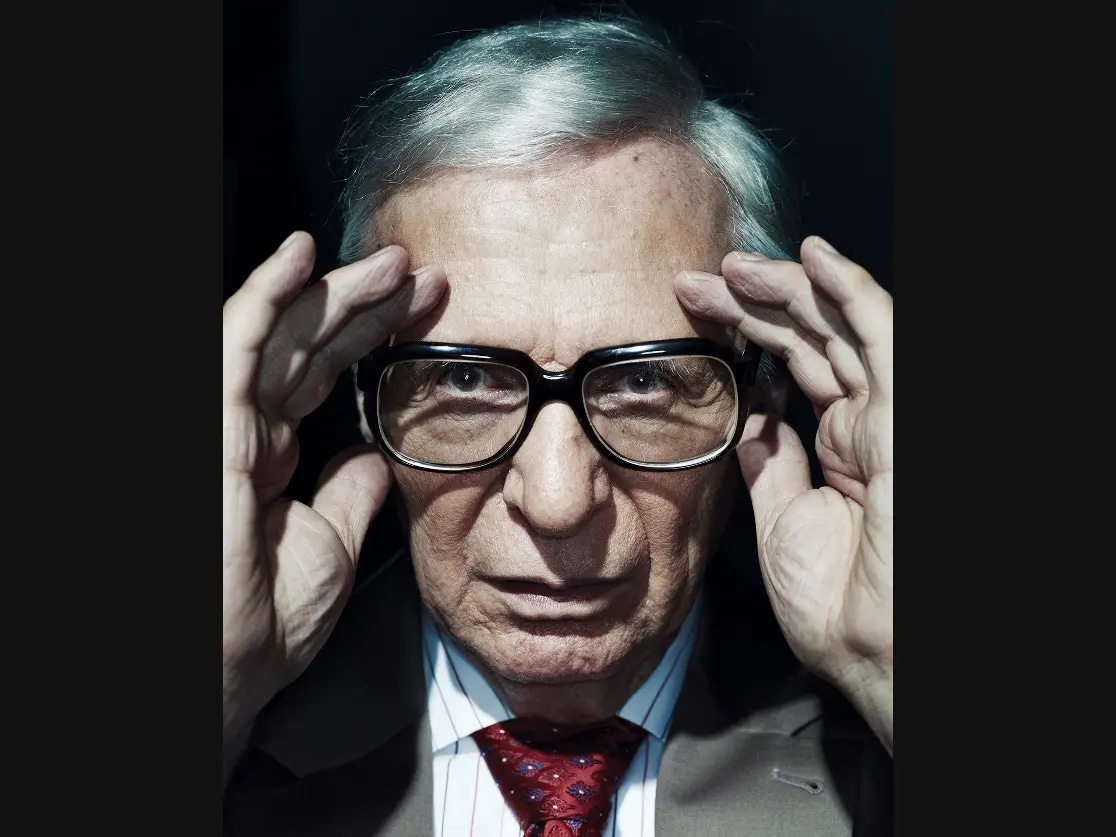Since I goofed and sent today’s post on Friday, here’s a fun bonus probability problem for Substack readers.
Here’s a guy who claims he can read your mind. In a sense. Not like a psychic, but as a neuro-linguistic programmer.
Idea is he gives you some words to think about, and these words set your mind in a condition such that you have little choice but to say the number he predicts. It’s like the direct idea of me asking what is the best accompaniment or side to a cheeseburger? You’d likely say fries.
First watch, then I have some remarks for you below.
How astonishing is this? Which is another way to ask what is the chance he guesses correctly?
If you’ve been following the Class, you know how to solve this problem. If you haven’t, then have a go anyway.
If you do not know, DO NOT CHEAT. DO NOT LOOK UP THE ANSWER. DO NOT FOLLOW THE COMMENTS TO THE VIDEO. GIVE IT AN HONEST TRY.
ONLY COMMENT IF YOU HAVE NEVER SEEN THIS BEFORE.
Like your teachers used to say (and likely do not these days), when you cheat you’re only cheating yourself.
I will return at around 1 PM EDT today and put the answer here:
DO NOT READ BELOW UNTIL YOU HAVE TRIED
It’s a bit early, but here is the answer. Paul Fischer and Jon Cutchins got it, pretty much.
You might start thinking the probability is 1/50, but that’s given “We can pick any number from 1 to 50.”
But that’s not all the evidence. The guy said 2-digit number, both even, which rules out all numbers from 1 to 19 or 20. This leaves 21 to 50 or 20 to 50. And then he said both digits even, and they can’t be duplicated. That cuts out the 30s and 50, leaving only the 20s and 40s.
Now most people do not think 0 the digit is even (though the number 20 the know is). So we really have 24, 26, 28, 42, 46, 48. Just on that evidence, the probability is 1 in 6.
But most people would start counting and seeing which numbers match the criteria. Adding that evidence, we have Pr(24| all evidence) = fairly high.
The structure of a good mentalism trick is to leave some room for error. Unlike ordinary magicians sawing ladies in half, mentalists want to give the impression they have psychic powers, or, here, neurolinguistic ones. These powers are thought by most to be imperfect.
So this guy’s trick wont’, and didn’t, get everybody, but it got lots. If mental magic tricks always worked, people would suspect trickery.
The key, which is hard to do in a video, is to do the trick, and quickly move on so that people don’t have time to remember the details. In a live performance, you’d do the trick and then distract everybody with a joke or story or something. Later, many would say, “He made me pick a number between 1 and 50 and he knew I’d pick 24!”
Most people rarely remember nice details.
Subscribe or donate to support this site and its wholly independent host using credit card click here. Or use the paid subscription at Substack. Cash App: $WilliamMBriggs. For Zelle, use my email: matt@wmbriggs.com, and please include yours so I know who to thank.





Here's what I am seeing:
The color words prime you to give a fast answer to an obious question when he asks for one.
He then tells you to pick a number where both digits are even. Primed to give a fast answer the first one that your mind hits is 22, because when we list even numbers we always say 2, 4, 6, 8 and oh yeah 0.
Then he tells you that they can't be the same. Primed for a fast answer you rapidly move to the next even number, 24, which is the first one that fulfills all of the conditions. Show it to someone without the part of the video where he asks you to name colors and you will get a different answer, or begin by telling them that the digits can't be the same and they won't arrive at the answer by the same two steps, I'm not sure what steps they will use, and you will get a different answer.
So, for probability if we neglect leading zeros then our set is 20, 24, 26, 28, 40, 42, 46, 48
So, on the bare numerical information we calculate 1/8 but when we add the information of his patter, it is something rather higher than that. I would guess as high as 3/4 but I'm not sure how to quantify the effects of the NLP. Any good ideas on that Briggs, other than running some trials and plugging in an experimentally derived number?
He's wrong - I picked "42", no doubt influenced by Deep Thought.